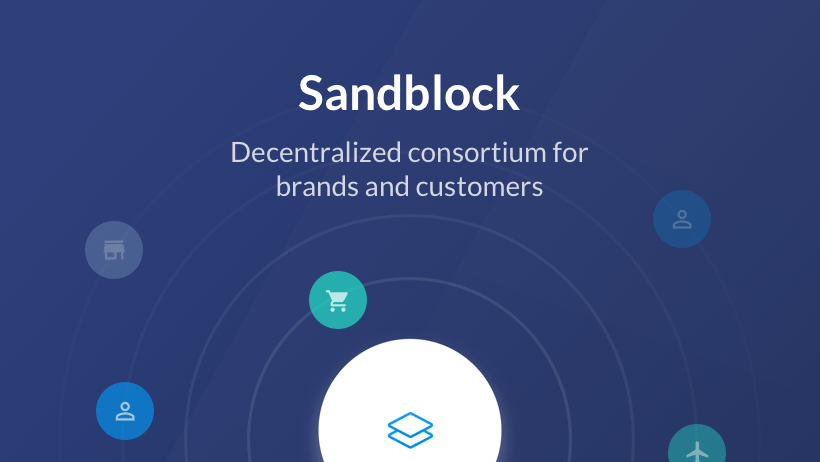In today’s business market, there are certain things companies do in order to gain customers. Having a top of the line website with a user-friendly mobile application is an example. Active and lively social media pages is another. When customers see these features, they provide confidence in the quality and validity of the company.
Recently, customer reward programs have joined this list, perhaps at the top. As customers, we love getting rewarded for frequent use. In turn, the company benefits because the loyalty programs can keep customers from buying from a rival business. Also, these reward programs can provide companies with valuable customer data. Perhaps the best examples of this are credit card points and airline miles.
But as this feature of business grows, so do the inefficiencies. For example, these are extremely expensive endeavors. Think of all the manpower that is needed just to manage the day to day operations of an airlines reward program. They are also exclusive. If you’re a business with a leading brand name, you don’t want to be attached via a loyalty program to a lesser or competing brand. This isolates only the richest of companies and isolates those without the same amount of funds.
The answer to these deficiencies? Blockchain.
Sandblock (SAT) is a blockchain built on Ethereum that is making it possible for small businesses to join in on big company loyalty programs. Through Sandblock, businesses can give out loyalty rewards, points, and incentives in the form of a cryptocurrency. There are a couple main advantages to using cryptocurrency as a loyalty reward.
Cryptocurrencies are based on a distributed ledger called blockchain. This is in contrast to the traditional method of currency, which is centralized by banks, agencies, and governments. The result is minimal to no external interference or transaction fees. This is especially helpful to small businesses as loyalty points are already expensive.
Another appeal to cryptocurrencies is the global value they possess. With traditional loyalty programs or even local currencies, you are limited to your geographical location. With cryptocurrencies, they are globally accepted and valued.
Many will use this as a chance to bring up the volatility of cryptocurrencies. Arguably the most compelling argument against cryptocurrencies, volatility keeps many from adopting the revolutionary tokenized assets. However, when given as a reward for customer loyalty, the risk of cryptocurrency is one well worth taking.
Sandblock Brings Merchants Together and Keeps Consumers Safe
Each individual company creating their own token would be wasteful of valuable time and resources. This is why Sandblock built a consortium using the SAT. An ERC20 token, SAT is Sandblock’s share currency and is the index that the individual companies personally branded tokens are based on. Instead of creating their own token, each company has their own Branded Token pegged to the SAT. This helps prevent the volatility of each individual merchant’s token. In other words, each company is participating in the ecosystem through the medium of the SAT.
The power of blockchain is utilized through the transparency and security that is provided. One of the major reasons why companies participate in loyalty programs is because it requires customers to give valuable information regarding purchasing habits. However, one reason why many consumers don’t sign up for loyalty programs is that they don’t want their personal information getting into the wrong hands.
With blockchain, both problems are solved. The distributed ledger provides the transparency required for the companies, with the security desired on behalf of the consumer. The data is encrypted, only revealing the necessary analytics. No personal information is shared.
All of this takes place through the Sandblock mobile app. It’s what consumers can use to easily sign up for and track their rewards.
Sandblock is yet another way that blockchain is being applied to existing programs, industries and business practices. The revolutionary technology of blockchain, recently through Sandblock, is fundamentally changing the way people interact and respond, both as consumers and vendors.
